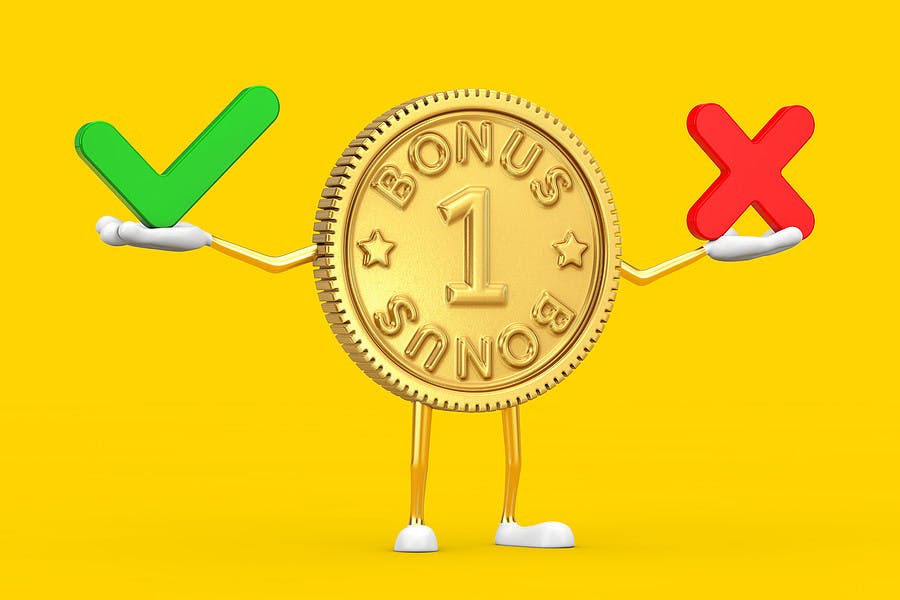The pandemic might be starting to wind down now, but the ‘Great Resignation’ is still very much in full swing. Around 4.3 million Americans quit their jobs in January 2022, and another 4.4 million did the same thing in February. Both these figures are only slightly lower than the all-time high of 4.5 million, set last November.
For companies desperate to understand how they can retain their people, it’s worth knowing that 53% of employees are searching for new jobs because they want better compensation according to a recent SHRM study. It seems to strengthen the old HR truism that when employees feel fairly compensated for their work, they’ll feel valued and cared for, and when they feel like that, they’re much less likely to leave.
But, compensation doesn’t have to mean a bigger paycheck. Indeed, what studies actually show is that higher paychecks only increase retention for a short time, anyway. It also doesn’t have to mean perks that no one really asked for (foosball tables, anyone?). But what about bonuses? Aren’t they also a useful tool in an HRDs armory? Maybe not…
What’s wrong with bonuses?
Without doubt, they are extremely common still. Whether they’re bonuses for hitting a sales quota or holiday bonuses at the end of the year, employees have come to expect a little extra something added to their paycheck. And, these types of bonuses do (kind of), have the right idea: businesses want to reward their employees for their hard work.
But there’s a problem with this model, though. Bonuses are rarely equitably distributed, and because they’re performance-based, some employees may not be happy with the amount (or lack thereof), that they get. Moreover, bonuses — especially holiday or end-of-year bonuses — depend a lot on the state of the business. If a business has had a strong year or quarter, bonuses will probably be more generous. If the year has been weaker, chances are employees will be unhappy with their compensation amount.
It’s time to rethink bonuses
The combination of perceived unfairness and unreliable amounts makes bonuses an ineffective compensation strategy, especially in today’s extremely competitive work environment.
What’s the solution?
A tactic called “reward compensation” is a much more effective way of distributing bonuses and compensation that is fair, exciting, and new.
Reward compensation is a type of compensation that is paid out to each and every employee at regular intervals on top of their regular paycheck. This cash isn’t part of the employee’s regular salary, so it is, in effect, a bonus that they get throughout the year.
This compensation shouldn’t be simple cash, if it can be avoided. It should be a reward that employees can use how they want. Whether that means using a point system where employees receive points that they can then redeem for awesome prizes or handing out prepaid gift cards, each business can choose what’s right for them.
When this compensation is given as a reward, employees won’t lump the bonus money or points in with the rest of the paycheck. They won’t spend the bonus money on rent, bills, or groceries. They’ll be able to see reward compensation for what it really is: a consistent reward for their work at the company.
Considerations for implementing reward compensation
There are three main considerations companies need to consider:
1) The amount
Companies may want to give out a smaller reward for employees with a shorter tenure and larger amounts as they stay longer. Other companies may decide to give reward compensation at a flat rate. Every organization has to decide what is best for them. But, the best part is, the funds for this bonus compensation can come from the bonus/reward budget that already exists. Businesses can simply reuse their budgets in a more effective, rewarding way.
2) The frequency
Should reward compensation be given on top of each paycheck? Or, should it have its own dedicated payout day each month, effectively creating an extra payday for employees? As always, this decision is up to the company. The key though is consistency. Give it out on a schedule to every employee; the details won’t matter much after that.
3) Its use
Should employers specify the use of reward compensation? For example, a business could offer a monthly stipend for travel. Employees could then use reward compensation funds they’ve saved for airplane tickets or hotel reservations. Another example could be wellness funds. Reward compensation could provide employees with money they need for exercise clothes, class fees, or gym memberships. Or, of course, it could just be open to whatever the employee wants to spend it on.
Let’s get to the point…
The point of all this is that traditional bonuses and compensation strategies aren’t working. Over half of employed people are quitting their jobs because they want better compensation, and the Great Resignation barely shows any signs of slowing down. And, while there really is no miracle cure for this situation, now is the perfect time to rethink what compensation can be with reward compensation.
While turnover is inevitable in any business, those employees who want better compensation will love the consistent and fair compensation they receive with this new type of bonus.
